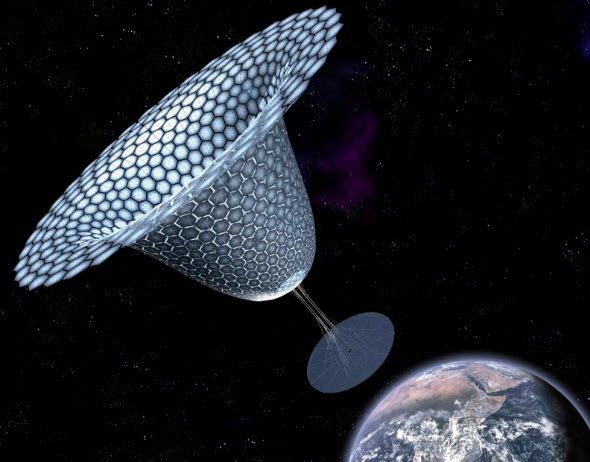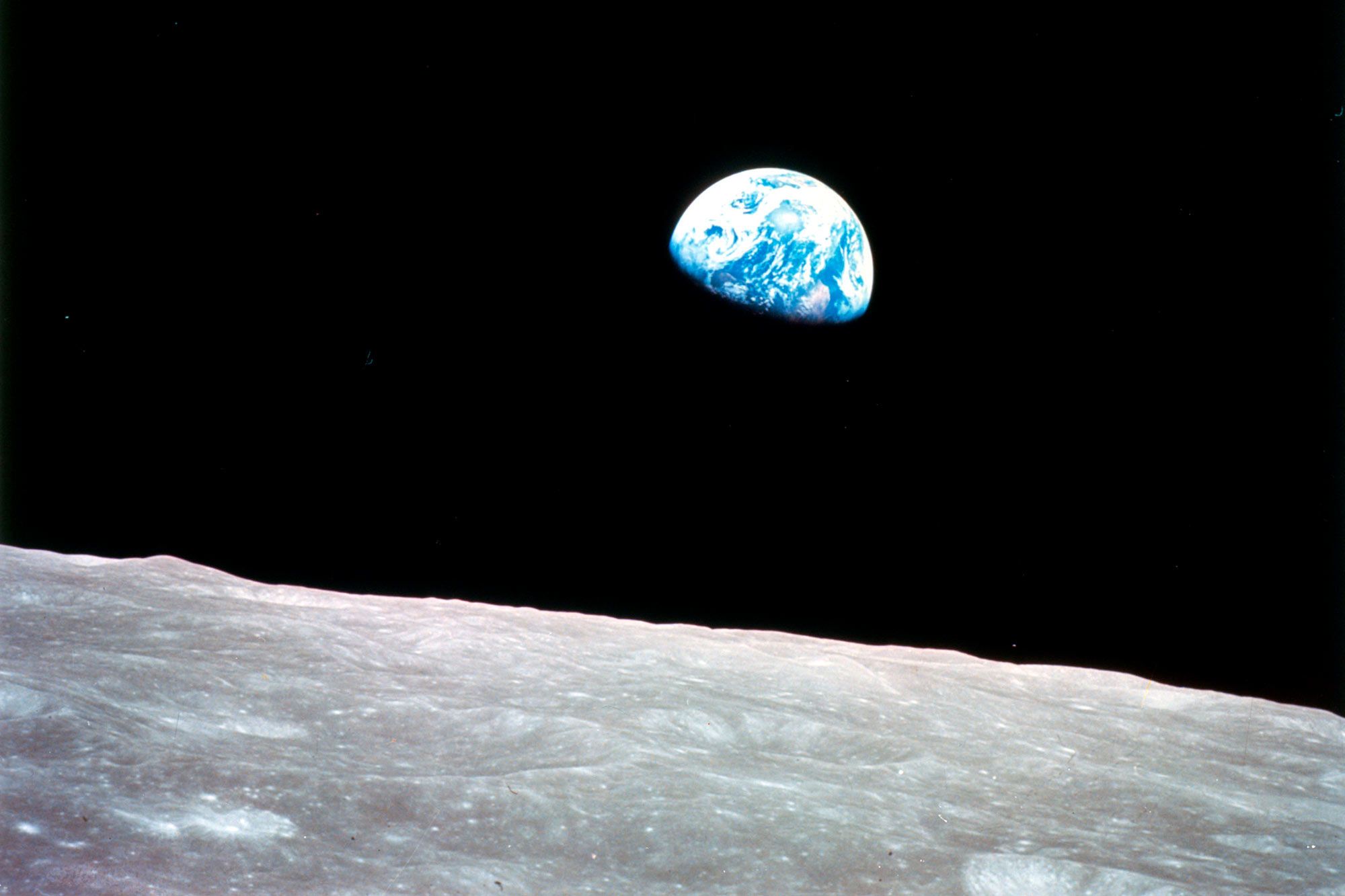Mar 10, 2017
Pan, moon of Saturn, looks like a cosmic ravioli (or maybe a walnut)
Posted by Aleksandar Vukovic in category: space
Ravioli-shaped moon.
In a stunning set of close-ups, Pan, a diminutive moon of Saturn, looks like a floating ravioli lost in space, or a wrinkled flying saucer.
NASA’s Cassini spacecraft took the photographs Tuesday, passing within 15,268 miles of the moon, which has a diameter of about 20 miles, roughly the size of New York City.
Continue reading “Pan, moon of Saturn, looks like a cosmic ravioli (or maybe a walnut)” »

















